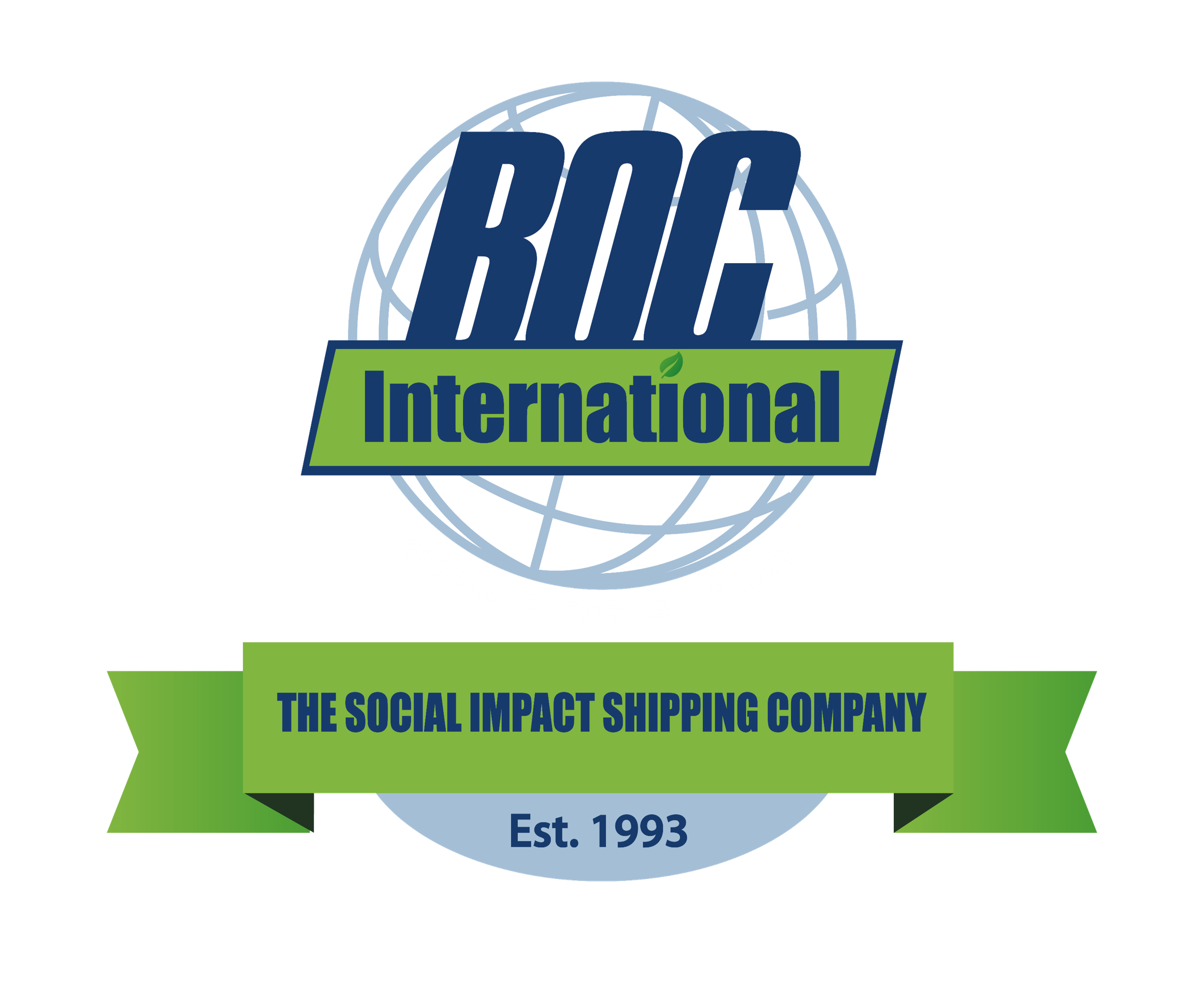
British Columbia longshore workers move closer to strike
Nate Tabak, Canada Correspondent | www.freightwaves.com
ILWU members vote to authorize walk-outs “if necessary,” threatening to disrupt operations at Canada’s largest port, Vancouver.
The Port of Vancouver handles the largest volume of cargo in Canada. Photo: Vancouver Fraser Port Authority/Colin Jewell Photography
Longshore workers in British Columbia overwhelmingly voted to authorize a strike, raising the specter of a disruption at the Port of Vancouver, Canada’s busiest port.
The International Longshore and Warehouse Union (ILWU) Canada announced on May 10 that 98.4 percent of local members voted “in favor of supporting strike action if necessary.” A work stoppage could come at any time during the next 60 days, with 72 hours notice.
It significantly raises the stakes in contract negotiations between ILWU Canada and the British Columbia Maritime Employers’ Association (BCMEA), which represents companies operating at the ports. A contract for the longshore workers expired in March 2018.
The ILWU and the BCMEA agreed on their previous contract in 2010 after the longshoremen authorized a strike.
About 2,700 ILWU longshoremen work at British Columbia’s ports, which handled 3.6 million 20-foot-equivalent units (TEUs) of cargo in 2018. Most went to Vancouver, whose volumes hit a record 3.4 million TEUs and 147 million metric tons in 2018.
A federal mediator has been attempting to bring get the two sides to reach an agreement. Neither the union or BCMEA has disclosed their areas of contention.
The average unionized longshore worker earned about C$119,000 per year in 2018 (a Canadian dollar equals US$0.75), according to the BCMEA. Their pay lags behind longshore workers at major U.S. ports on the West Coast, who earned about US$171,000 per year on average in 2018, according to the Pacific Maritime Association.
About C$200 billion in trade goes through the Port of Vancouver each year, and it serves as Canada’s main gateway for Asia.
The Canadian International Freight Forwarders Association warned in April that a strike would hurt Canada’s supply chain, and could result in cargo permanently being redirected to ports in the U.S.
Nate Tabak, Canada Correspondent
Nate Tabak is a journalist, editor and producer in Toronto. He covers Canada for FreightWaves, with a keen interest on the cross-border economic relationship with the United States. Nate spent seven years working as an investigative editor and reporter based in Kosovo. He covered everything from corruption to the country’s emerging wine industry. He also reported across the Balkans and investigated Albania’s multibillion-dollar marijuana industry with a grant from the Pulitzer Center on Crisis Reporting. Nate grew up in Berkeley, Calif. He enjoys exploring Toronto with his wife and is always looking forward to his next meal.

